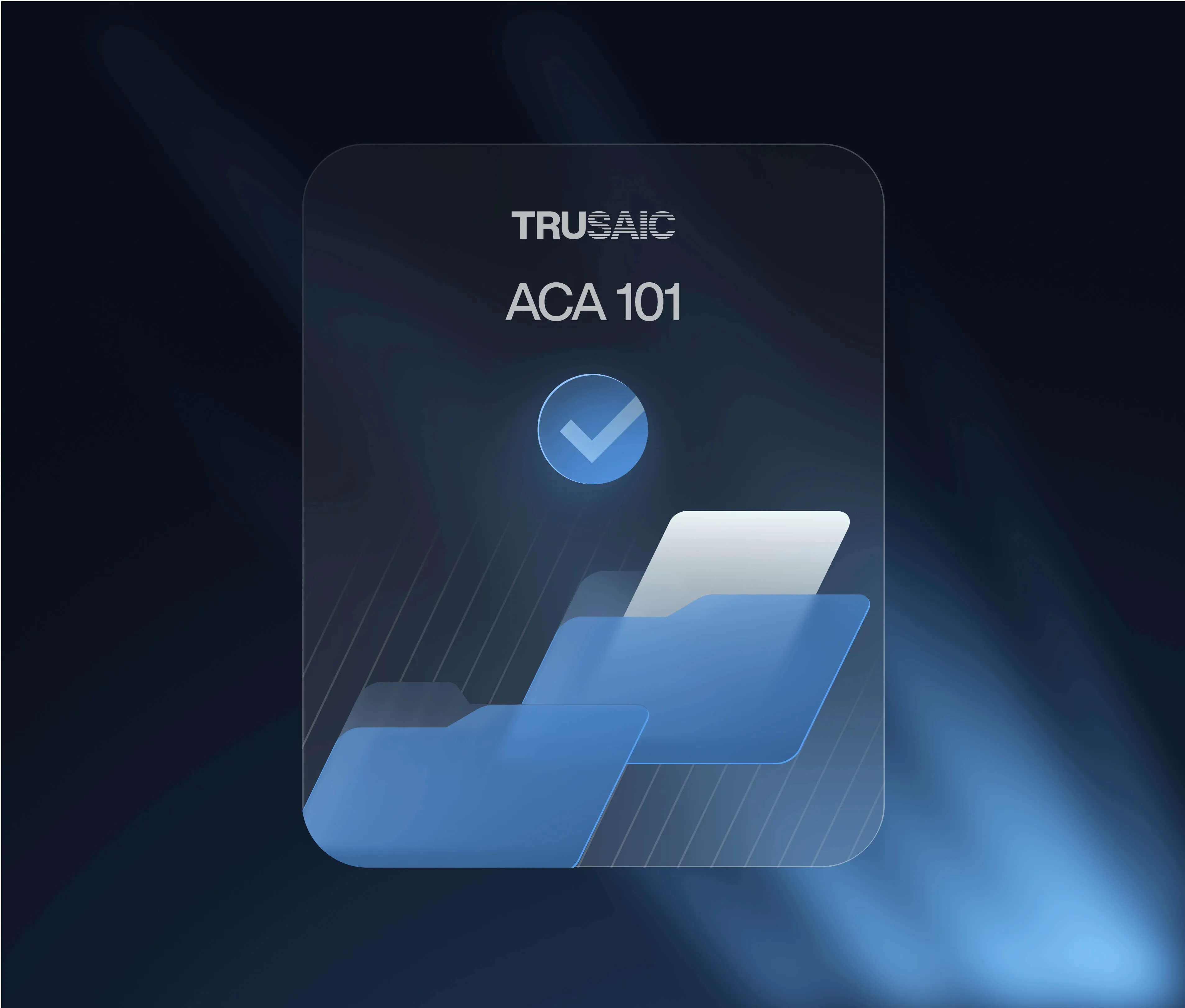Columbus, Ohio is set to join Toledo and Cincinnati by banning inquiries into the compensation of job candidates. Effective March 1, 2024, the Columbus salary history ban applies to organizations with 15 or more employees in the city.
The ban also extends to job placement, referral and recruitment agencies acting on behalf of employers.
Pay Equity Legislation in Ohio
State-wide pay equity legislation in Ohio doesn’t exist, but is arguably needed. One in four women in Central Ohio is classed as “economically insecure,” due to gender and racial pay gaps. Further, Ohio, like the rest of the U.S., has a persistent wage gap. Women earn 81 cents for every dollar White men make. That plummets to just 64 cents and 61 cents respectively for Black and Hispanic women.
Some positive signs are emerging. Ohio ranks in the top 10 states demonstrating above average wage growth for women in 2021-22. But progress is slow.
Key Points of Columbus Pay Transparency Ordinance
The Columbus salary history ban makes it an “unlawful discriminatory practice” for employers to:
- Inquire about the salary history of a job applicant.
- Screen job candidates based on their current or prior wages, benefits, other compensation, or salary history.
- Rely solely on an applicant’s salary history when deciding whether to make a job offer, or in determining salary benefits or other compensation. That includes during the negotiation of an employment contract.
- Retaliate against job applicants who refuse to disclose their salary history to an employer.
Employers are not prohibited from asking applicants about their salary expectations, however.
Exceptions to Salary History Prohibition in Columbus
Salary inquiry restrictions in Columbus do not apply when certain criteria are met. These include applicants considered for internal transfer or promotion, or when job candidates, voluntarily and unprompted, disclose their salary. Job applicants re-hired by Columbus employers within three years are also exempt if salary history data is available from their previous employment.
Further, positions for which salary benefits or other compensation is determined by collective bargaining are exempt.
Other exemptions:
- Federal, state, and local government employers are exempt, other than the City of Columbus.
- Exceptions apply to employers under any federal, state, or local law that authorizes reliance on salary history to determine compensation.
- If an employer carries out a background check which discloses salary history, that information must not be solely relied upon to determine compensation if a job offer is made.
Complaints may be filed within six months of an alleged violation of the ban. If upheld, civil penalties range from $1,000 to $5,000 depending on the number of violations.
Unlike Cincinnati and Toledo, the Columbus pay transparency ordinance does not require employers to disclose the pay range after a job offer is made.
Both Cincinnati and Toledo require employers to provide the pay range for a position upon request, but only after a conditional job offer has been made. Columbus’ salary history ban ordinance law does not include that same pay transparency requirement.
Pay Equity Trends and Salary History Bans in the U.S.
Columbus salary history ban is part of a movement to strengthening pay equity across the U.S. An estimated 22 states and 22 jurisdictions have enacted salary history bans, aimed at preventing inequitable pay. Salary history prohibition in Columbus comes just weeks after a state-wide salary history ban took effect in Minnesota.
But it’s not just at the state level that pay equity is gaining momentum.
On Jan. 29, the Biden administration proposed new regulations on salary history bans. If successful, federal contractors and subcontractors will be prohibited from using a candidate’s salary history when making hiring decisions.
At the same time, the Office of Personnel Management (OPM) published its own final rule. Federal agencies cannot use non-federal salaries or pay history to set pay for new hires or returning federal employees in specific roles. Agencies must fully comply with the rule by no later than Oct. 1, 2024.
Complying with Salary Inquiry Restrictions in Columbus
Employers need to act now to comply with the Columbus salary history ban by March 1. Here’s how:
Reevaluate hiring policies: Review job application processes and train hiring teams to ensure compliance. For instance, remove all questions relating to salary history from candidate screening and provide training for all frontline hiring teams. Emphasize the risks of non-compliance.
Prepare for compliance: Employers face complex and constantly evolving pay equity legislation, making compliance a difficult task. But failing to comply carries significant financial risks. For organizations operating across multiple jurisdictions, that risk increases. Global technology company OrCam, agreed to pay $15,000 in damages to a job candidate for violating New York City’s salary history laws. Pay equity software solutions like Trusaic PayParity® help to navigate complex laws and ensure ongoing compliance.
Ensure salary ranges are equitable: Salary history bans require employers to extend salary offers based on the market value of a job posting. Salary Range Finder® determines competitive and fair salary ranges by overlaying internal pay equity audit data with that of external labor market data. Equitable pay ranges are determined by combining the two data points.
Evaluate your pay gap: Factors such as compensation bias perpetuate the pay gap. If future salary offers are tied to previous jobs, discrimination is carried forward. Leverage pay equity software to carry out an intersectional pay equity audit. The results identify risk areas for remediation and pay gaps within every employee group and at every level in your company. Root causes of pay disparities are identified and remedied using advanced analytics.
Start your journey to pay equity compliance. Speak to one of our experts.








